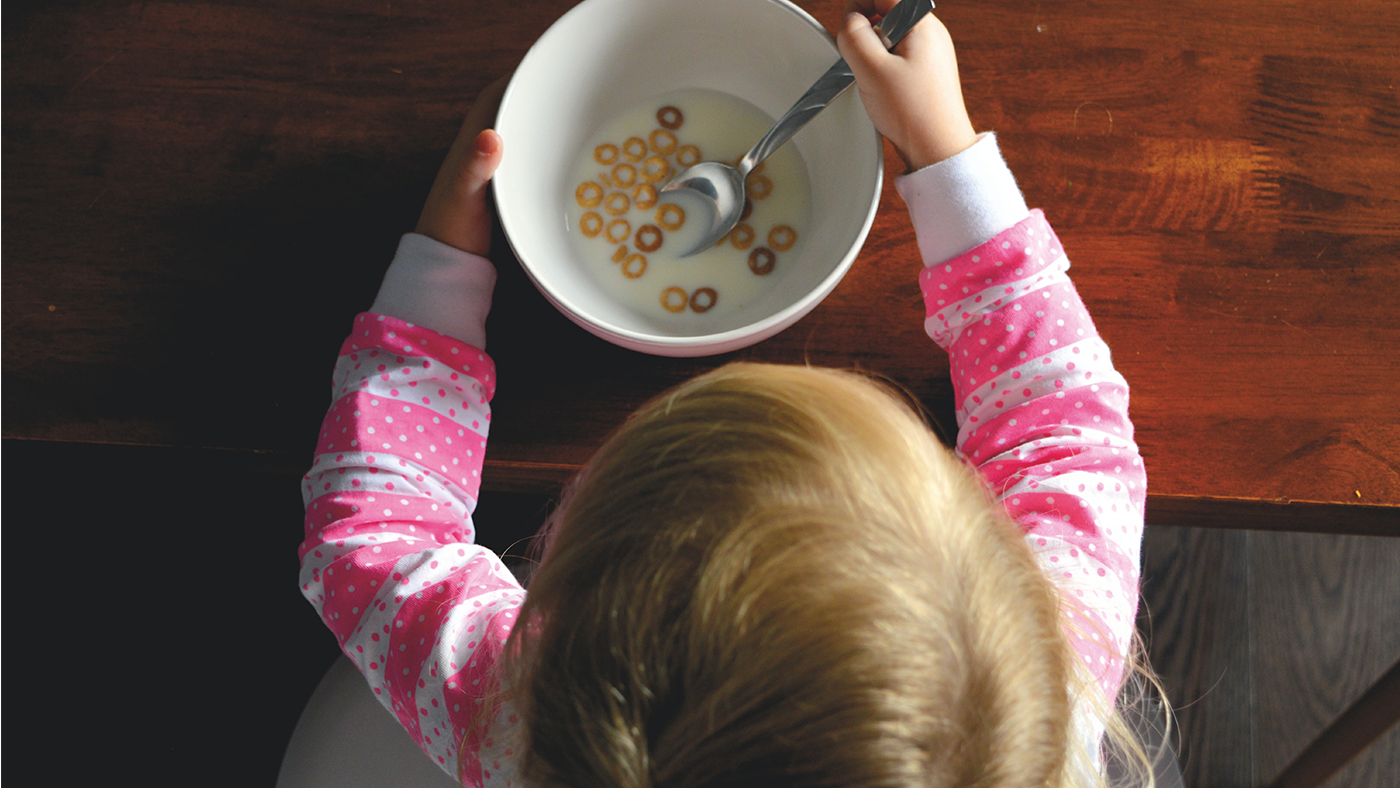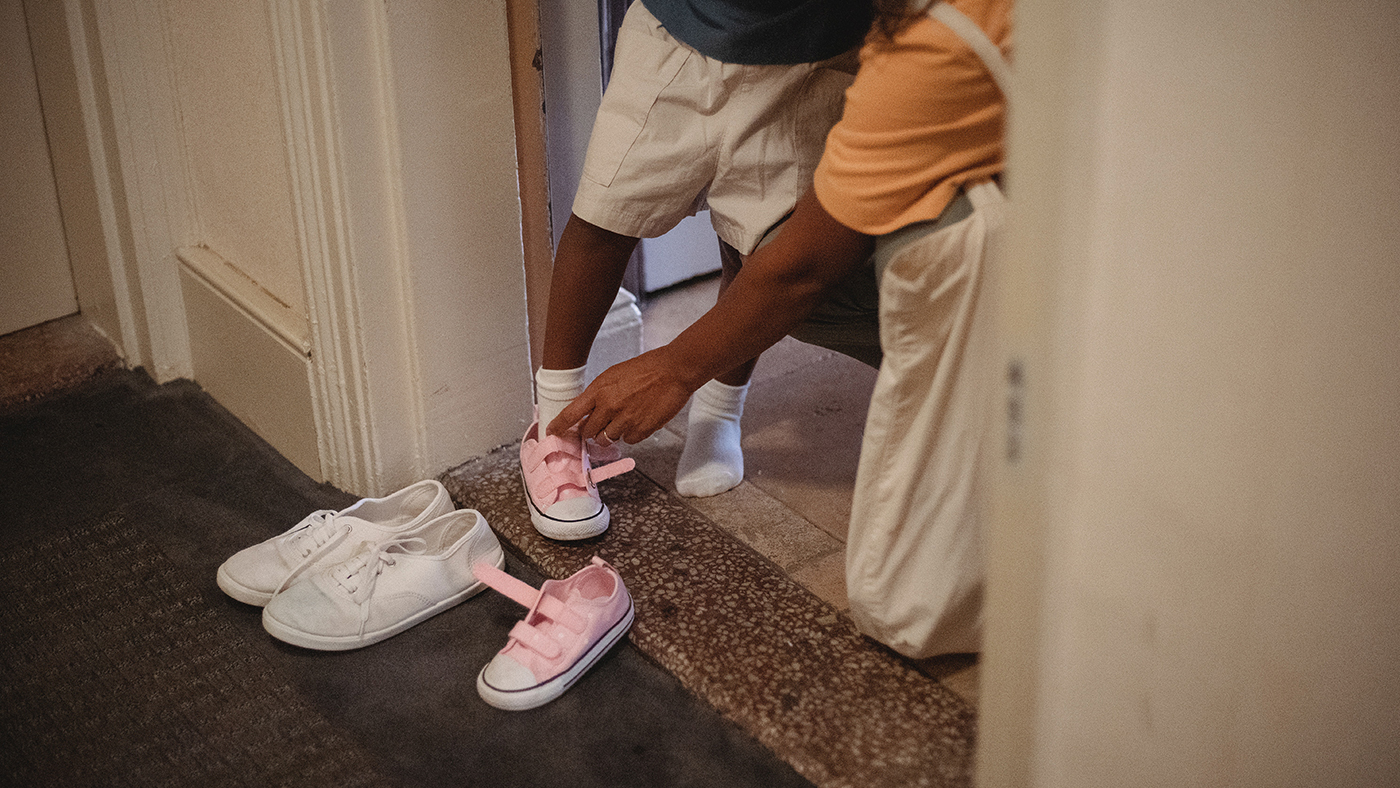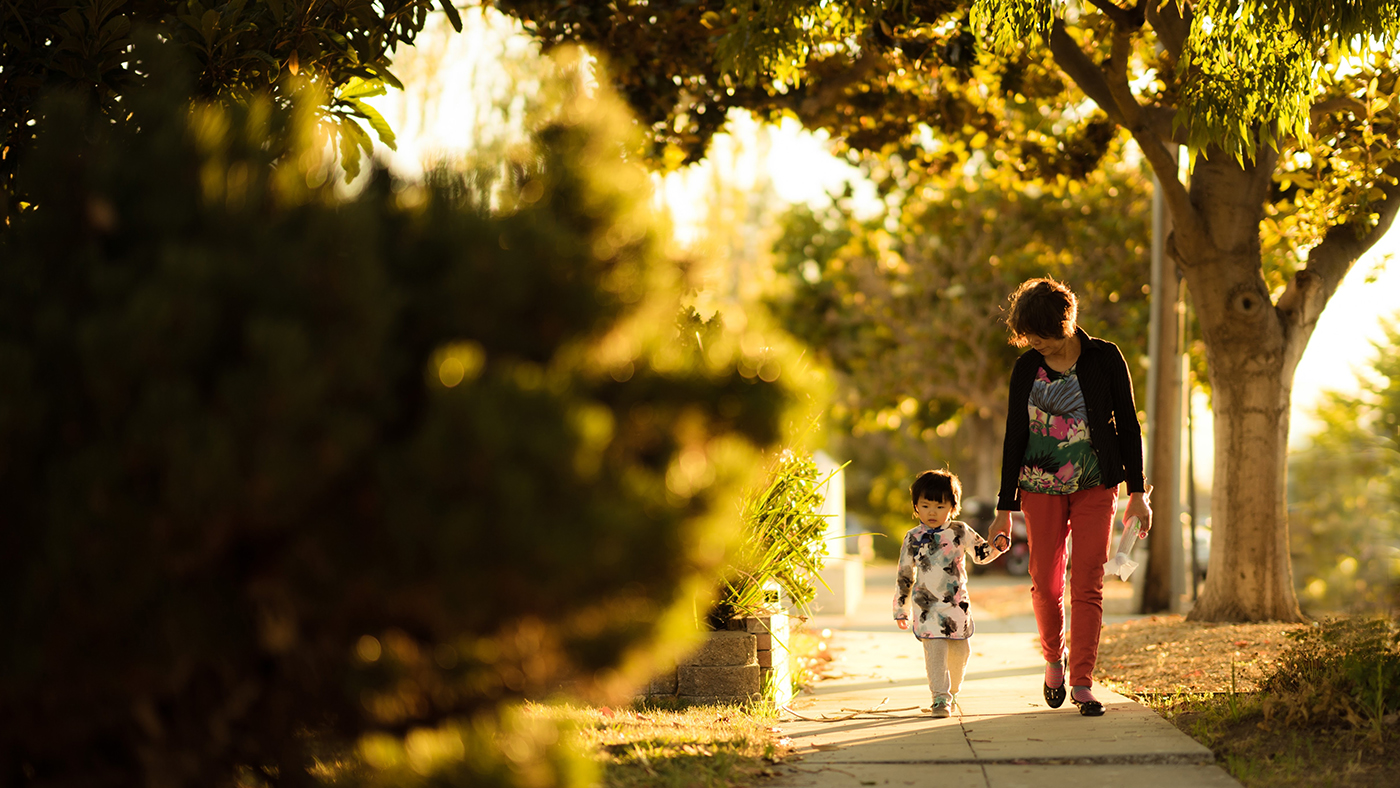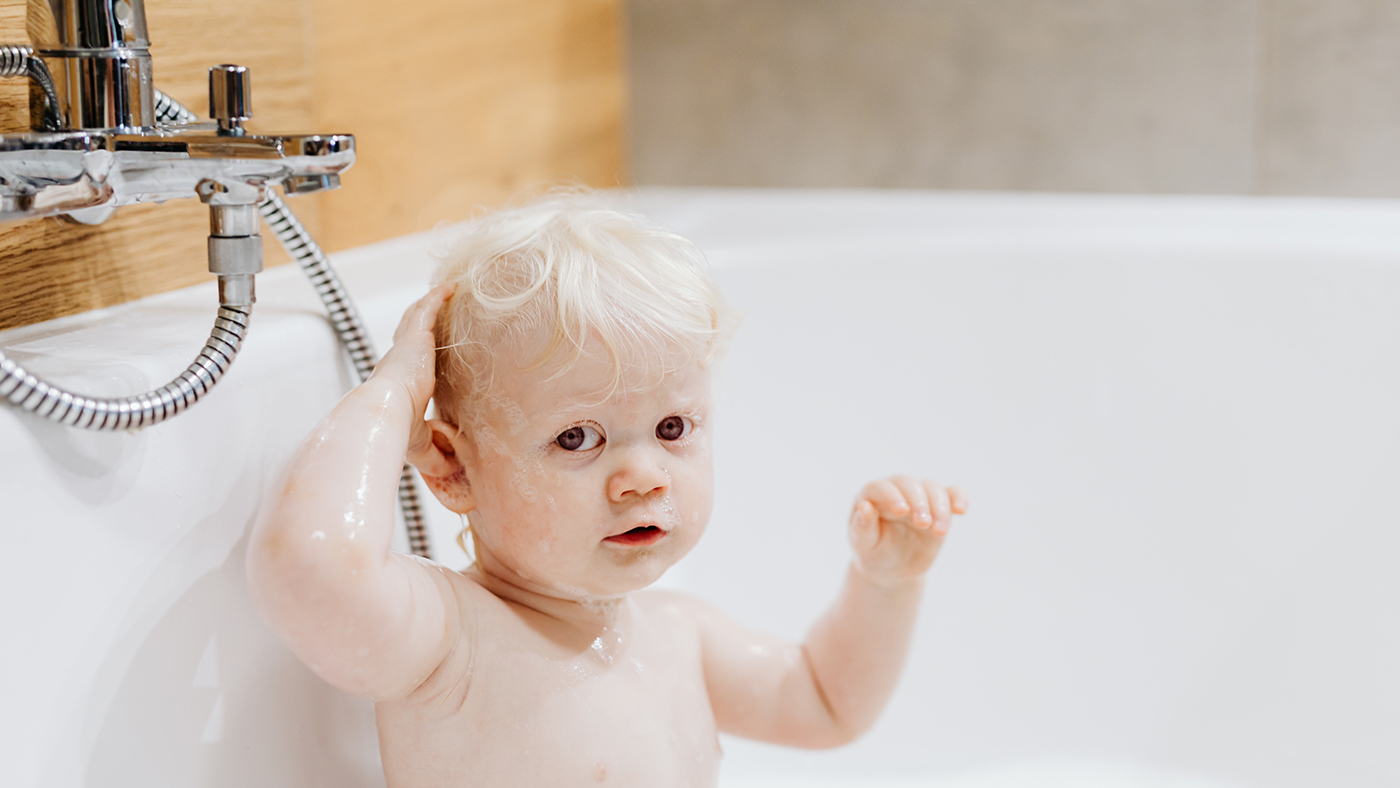Today Date Triggered Content
Welcome to the My First Five Years Blog. Here you will find all sorts of information, ideas and activities that will help you to support your child.
Trending
- nutrition,
- All in one place
All our feeding, weaning and nutrition articles in one place!
- Podcast,
- potty training,
- All in one place
All in one place: using the potty or toilet
- Reading,
- Books,
- World Book Day,
- Free download
50 books to read before you're five
Latest Posts
- Play Ideas
- Podcast
- summer
- Books
- Christmas
- activities
- research
- Realisitic Parenting
- Seasonal
- wellbeing
- Autumn
- Reading
- play kit
- recipe
- Book review
- Language
- Parenting
- Parenting Tips
- Sustainable
- creativity
- play
- skills mastering
- All in one place
- Cognitive development
- Outdoors
- communication
- winter
- Social & Emotional
- In-App Event
- New Year
- Nursery Rhymes
- Real Parent Advice
- Sensory
- Sleep
- World Book Day
- affiliate link
- Behaviour
- Bloomsbury
- Clocks Change
- Creative
- Easter
- Emma Svanberg
- Fine Motor
- Gross Motor
- Little Sleep Stars
- Pancake day
- Q&A
- Self-regulation
- childcare
- gender
- grandparents
- hot weather
- parent support
- potty training
- toys
- Babies
- Baby
- Blue Monday
- Book Club
- Cognitive
- Emotion Coaching
- Free download
- GM11.3
- Jimmy McLoughlin
- Lauren Peacock
- Parenting Ideas
- Parenting Stories
- Preschool
- Resources
- S-E4.2
- S7.2
- Supporting Emotions
- Toddlers
- Valentines day
- Water Play
- bank holidays
- community
- crowdfunding
- customer conversations
- dads
- feeding
- kindness
- music
- nutrition
- personal and social
- spring
- travel
- walking
- Seasonal,
- summer,
- hot weather
Staying safe in the sun: what you need to know to keep everyone healthy
Many of us look forward to summer, but when we have really hot weather, especially with long periods of hotter-then-usual temperatures, it can start to feel like there are a lot of new worries to juggle.
Knowing your child is staying healthy is one of the biggest worries. Are they drinking enough? How will you know? What about suncream, how often do you reapply? What do the symbols on the bottle actually mean?
- Seasonal,
- summer,
- hot weather
How to keep your cool on hot days out
Most of us love the welcome return of the sun. It’s so good to get outside and feel its warmth on your skin after a winter swaddled up against the cold...
... But it brings its own set of challenges when you’re a parent.
- Podcast
Are you tired of saying "NO"? This week's podcast is for you!
In this week's My First Five Years podcast we're focusing on why your child needs to hear "yes" more and "no" less. Find out how pausing for thought before saying “no” can make everyone happier, and how it could even lead to your child landing their dream job!
- In-App Event
Learning from the everyday – child development and your daily routine
We know that for most parents life is busy and finding time to dedicate to activities that support your child’s development can be tricky, particularly in the week when we may also have work to contend with. However, we also know that opportunities for development and play are everywhere! In addition, children benefit from being allowed to get bored sometimes and from discovering new things for themselves.
So, we thought it would be interesting to ask one of our parents to tell us five things that happen regularly in their day/week. Things that are pretty standard, perhaps sometimes a bit ordinary or time-consuming, that they don’t really think too much about but need to happen.
Then, we asked one of our experts to look at the list and highlight just how much learning is taking place and how just being aware of this (and perhaps making some small tweaks) could make a difference to both you and your child/children and make life feel a lot more playful.
Hopefully, after reading this, you’ll feel reassured that it’s not all about paints and playdough (though we do love a bit of these), and you don’t need hours and hours to feel the benefits of play.
Five things that happen regularly in our house...
To avoid saying the same thing about every bit of the daily routine, I thought I would begin with the fantastic fact that every time you respond to your child, you are supporting their development.
This might be returning your baby’s smile, or responding to your child’s question, it could be the chat in the car on the way to nursery or the hug, kiss, wave routine you have at drop-off time.
The other important point to remember is that you do not need to interact with your child all the time in order to support their development, generally being responsive to them is important but sometimes not responding straight away can be good too.
When you don’t respond immediately, your child might experience a stress response, where various neurochemicals are released that make them more alert and vigilant.[1] Experiencing these stress responses, briefly and in a situation where they feel comfortable and safe, can help them to cope with stressful situations in the future, so can be supportive.
This does not mean ignoring them for long periods, but having to wait sometimes can help them to be more resilient in the future.
1) We make breakfast. Sometimes at the weekend this is pancakes or porridge and in the week it is normally cereal
When they have developed the physical skills to do this, getting your child involved in getting breakfast ready can be a great way to support their development.
This could begin with simple jobs such as getting their own bowl or spoon or carrying the cereal to the table. When they, and you, are ready, pouring milk on their cereal is great for developing physical and cognitive skills and cleaning up the spills again is brilliant for supporting physical skills and problem-solving.
If you're in a rush, try to give them a simple job but remember if things need to be done quickly, chatting with them about why can be great too. They will learn about problem-solving as you describe the way you think things through. For example, you might say, “I need to get petrol after I have dropped you off today, so we are in a bit of a hurry. I think it will be quicker if I get the cereal today.”
As your child gets older, they might have their own ideas of things that might help the morning routine go a bit more quickly when needed!

2) We get dressed and attempt to leave the house. This is normally quite stressful!
Ideally, we would say encourage your child to do as much for themselves as they can when getting dressed. However, in reality, there are some days when this is difficult, so if you have a day when you are having a slower start, encourage your child to do more for themselves. This is a brilliant opportunity for developing skills and is really helpful in the future when they can get dressed!
If you are in a hurry, chat as you get them dressed.
Getting dressed is a great time to think about ordering and sequences – unless you are dressing superman, underpants need to be put on before trousers or leggings! So, you can use this as a time to introduce some ordinal language in a real situation (always the best way to introduce language!). You might say, “First we need your underpants, second shall we put on your t-shirt? What’s third?”
If you need to hurry but still want them to develop their skills in getting dressed, you can do a bit of the process each, for example, you put the top over their head and help them put their arms in, then they pull it down.
Some ways that you might be able to make this less stressful – especially with more than one child to get dressed!
- Put clothes in order for older children who are beginning to dress themselves.
- Sing about getting dressed – sounds strange I know – but singing can sometimes help your child focus more on the words you are saying and helps them to engage with what they need to do.
- Try to make it fun – not always easy when you are thinking about the traffic building up – but you can introduce timers or counting games alongside getting dressed. You could say, “I wonder if everyone can be dressed in ten minutes!” Great for learning about time but also, for some children, fun to try to beat the timer – others might find this approach a bit overwhelming, so, as always, adapt for your children!
 3) We walk to school and nursery and then walk home from school / nursery
3) We walk to school and nursery and then walk home from school / nursery
Walking is just full of opportunities; your children can see how their route to school / nursery changes with the seasons. You can count how many dogs you see between home and school, see if you can spot some interesting cars or vans. Your children can listen and watch as you chat with friends and learn more about how you develop relationships.
I used to play games moving between lampposts with my children, partly to keep them moving! You could play games like counting how many lampposts between here and the end of the road, skipping until we get to the next lamppost, or spotting the number on the lamppost.
So, here we have chances to count, develop physical skills and talk about, and begin to recognise, numerals. We also often have the opportunity to develop social and emotional skills when resolving disagreements about who was going to say the number, or who got to the lamppost first!
A simple walk can give your child opportunities to develop skills in all the My First Five Years streams!
 4) We put the television on to keep the kids busy while trying to tidy up / clean / do the washing etcetera
4) We put the television on to keep the kids busy while trying to tidy up / clean / do the washing etcetera
Parents often worry about screen-time, and if or when children should have time using screens. If your child is ready for a rest after a busy start to the day, a bit of time with their favourite programme might be a great way for them to relax. If they chat with you about what they are watching, then this can also support their development.
If you have time to involve them in some of the tidying, washing and cleaning that you are doing, that is even better!
Chatting with you as you do some of these jobs will support them to develop their communication skills, and most cleaning involves some physical skills, for example, brushing a floor can be great to develop control and strength of the muscles that will help your child to write in the future. Sorting washing can be great for cognitive development as you chat with your child about which items can go in the washing machine together.
 5) We do the bathtime and bedtime routine
5) We do the bathtime and bedtime routine
The bedtime routine is a great time to have another chat about the day, and there are other opportunities for learning too.
Bathtime can give opportunities for sensory development, feeling water, bubbles, a soft towel and a hug! Splashing in the bath or making waves gives the opportunity for cognitive development as your child explores cause and effect. Bath toys or containers can provide opportunities to develop physical skills through pouring, as well as cognitive skills as your child explores the concepts of full, empty and overflowing!
Having a bedtime story is a wonderful wind down at the end of the day and is a brilliant way to make sure your child has a story every day.
Storybooks, stories on a tablet and stories told by you are all great, the main thing is to interact with your child as you share a story with them. This could be pausing so they can complete a sentence or looking at pictures together. Reading stories regularly helps your child to develop a love of books, to understand the way that stories are structured, to recognise the sounds and patterns in words and to begin to link letters and words with meaning.
You'll find many more examples like these throughout your app, all supporting your child on their own unique development journey, amid everyday life.
We know that time is a challenge for many parents, so hope that having ideas of simple tasks, expertly designed, at your fingertips will allow you to get more playful in the everyday!

References
[1] Rees, C. (2020). Children’s attachments. Paediatrics and Child Health, 30(5), 162-168
- Realisitic Parenting,
- In-App Event
Find the joy in family life with realistic parenting
No two parents or children are the same – for us that's the beauty of being here to support you and your child on what is a truly unique journey. 'Unique' is one of those words that's often used, but when it comes to what you're experiencing, or about to experience, there's no other term for it.
Our view is that you should be able to really see and enjoy your child's progression, without the pressure of comparison, but with the acknowledgement that parenting is sometimes hard work.
- Podcast,
- In-App Event
Don’t miss out on the My First Five Years Podcast!
Did you know we have our own podcast? It’s hosted by our founders Alistair Bryce-Clegg and Jennie Johnson MBE who are friends, early childhood experts and advocates for taking a realistic approach to parenting.
In every episode Jennie and Alistair dive into the issues facing families today by sharing the latest research, discussing their experiences of parenting through the years – and what they would do differently knowing what they have learnt since.
- Social & Emotional,
- Seasonal,
- Easter,
- Emotion Coaching
Managing eggspectations – the inevitable Easter chocolate meltdown and how to avoid it
Can you imagine Easter through the eyes of a young child? All those brightly coloured eggs dotted around your garden for you to find, that turn out to be made from chocolate, that you get to eat? It sounds like the stuff of dreams!
How you celebrate Easter (if you celebrate) varies from family to family, and so does how much chocolate you decide to give your child.
- Podcast
New podcast – when should my child start writing?
“One key message that I want to get across from all of my experience working in Early Years over the past 30 years, is that by trying to push children ahead, you often set them way further back. And actually, when you hold your nerve and follow your child's lead, when they get it, they will fly with it.”
- Sleep,
- Podcast,
- Lauren Peacock,
- Little Sleep Stars
Getting your child to sleep through the night – everything you need to know
Did you know we all wake in the night multiple times, and that the so-called four-month sleep regression is actually a sleep progression?
In this sleep special, you’ll hear the lowdown on children’s sleep from child sleep expert Lauren Peacock, with podcast hosts Jennie Johnson and Alistair Bryce-Clegg.
- Real Parent Advice,
- Seasonal,
- Clocks Change
Should you adjust your child’s sleep when the clocks change?
What’s not to love about the start of British Summer Time? The evenings get lighter, the days get longer, and spring is on its way. Which is all lovely, unless you have young children to convince that it’s night-time when the sun is clearly still very much up, and did we mention losing an hour’s sleep?
We love spring but as parents we often feel like we need all the sleep we can get, so it’s hardly surprising if you aren’t relishing the thought of losing an hour when the clocks change on the 31st of March. You might also be worried about how lighter nights will affect your child’s sleep, so we have a few tips for sleep in spring.